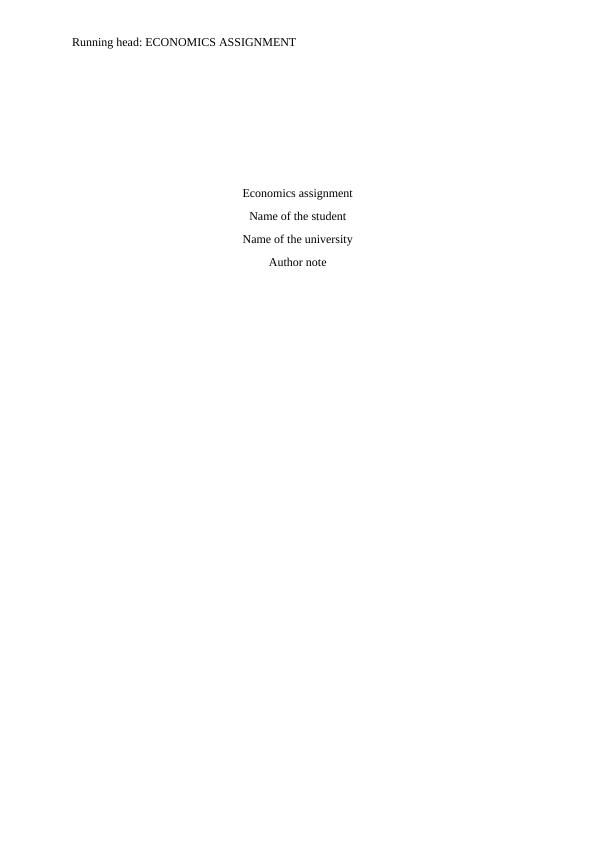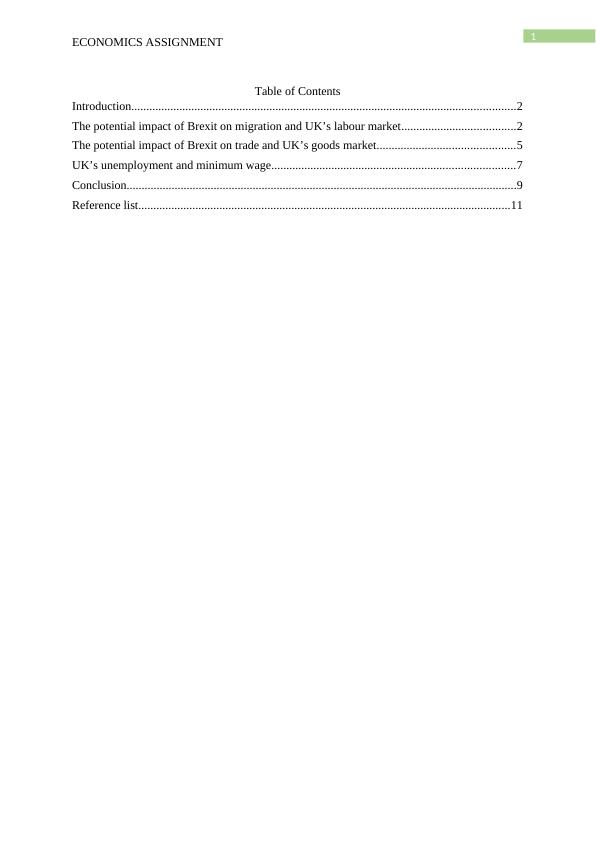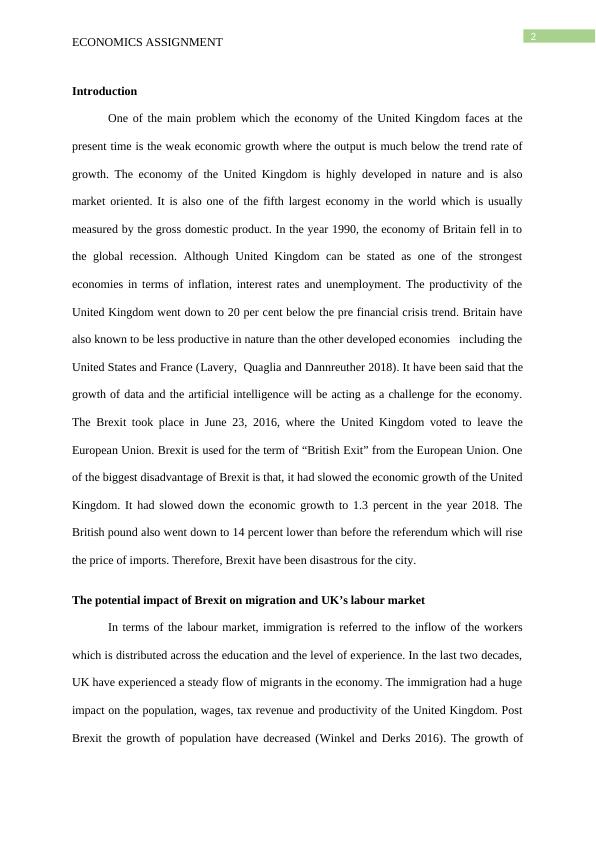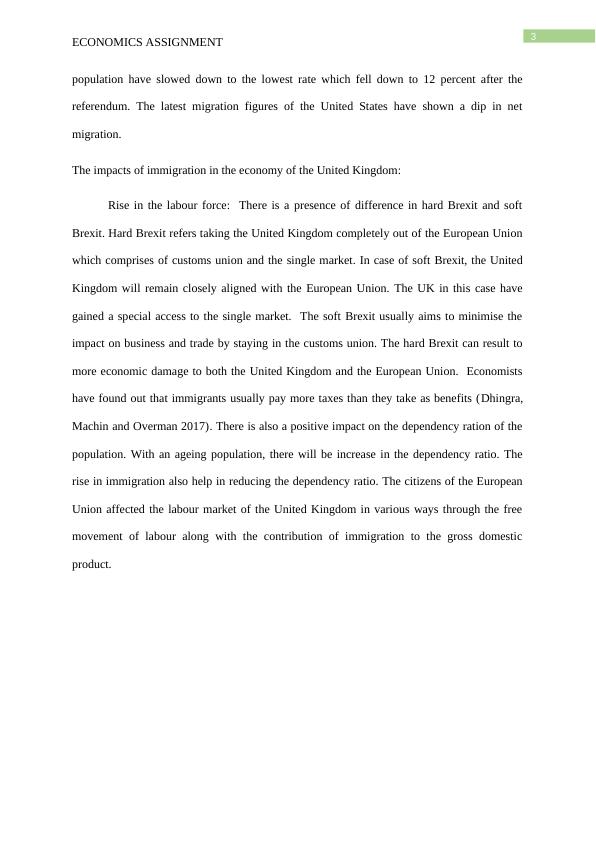Brexit's Potential Impact on UK's Labour Market, Trade, and Minimum Wage
13 Pages3283 Words417 Views
Added on 2023-05-29
About This Document
This Economics Assignment discusses the potential impact of Brexit on the UK's labour market, trade, and minimum wage. It covers the effects of Brexit on immigration, trade, and minimum wage in the UK.
Brexit's Potential Impact on UK's Labour Market, Trade, and Minimum Wage
Added on 2023-05-29
ShareRelated Documents
End of preview
Want to access all the pages? Upload your documents or become a member.
[PDF] Open Economy Macroeconomics
|11
|2109
|142
Pros and Cons of Brexit: Impact on Trade, FDI, Immigration, and Regulation
|9
|2502
|139
ECO 202 Principles of Microeconomics
|18
|3783
|146
Effects of Brexit on UK's Standards of Living
|11
|3838
|257
Potential Economic Consequences of Brexit on British Economy, with a special focus on the Dairy Industry
|12
|2862
|194
Brexit Referendum and Emergence of Populism in EU Economy
|6
|1581
|176




